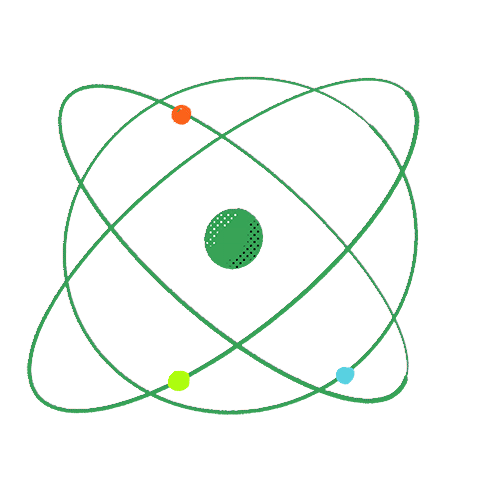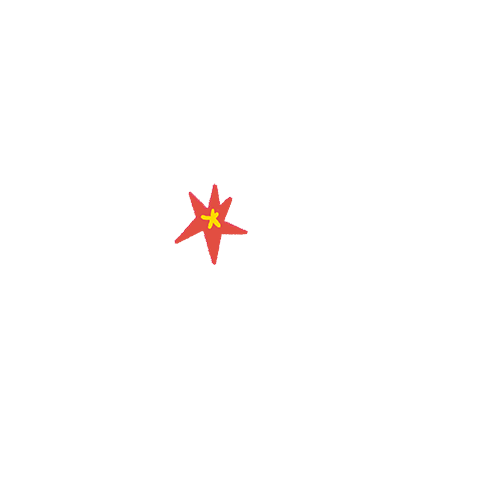
4-T
Welcome to the Puzzle Corner! Can you get all four T-pieces into one of the boxes? Hint: Not all the pieces need to be straight.

In the exhibition Helt Sinnes (our senses) you get to use your own body to explore our amazing senses! What happens if one or more senses are disabled?
Test the feeling in your fingertips, and try finding your way through the pitch-dark Tunnel of Darkness. How do different types of light affect our vision, and how many different scents can you identify? You can also visit the Puzzle Corner and test your problem-solving ability together with others.
Psst – this exhibition is currently undergoing renovation! If this frustrates you, you are welcome to visit the Scream pipe on floor 4.




Welcome to the Puzzle Corner! Can you get all four T-pieces into one of the boxes? Hint: Not all the pieces need to be straight.


A cubic metre is a cube where each side is one metre. It can be filled with 1,000 litres of water, or it can be filled with people. How many can be squeezed in?


Place your hands together such that the net is between your palms. Then slowly pull your hands gently along the net. Do you feel something unexpected?


We have a dominant eye just as we may be right-handed or left-handed. Each eye sees its own image of the world. Which world do you see?


Look through the windows in this door. Can you read what is written on the window on the other side of the door? The material used here is the same as that used in polaroid sunglasses.


Many dolls show the body with the wrong proportions. This doll however has a point to make; it showz how nerve cells are distributed over the body.


Two people are needed to do this experiment. Are you as good at getting out of a tight spot as the famous escapologist Houdini? Prove it!


What does it feel like to see into infinity? Maybe you get this feeling when looking at the night sky. Here, we create a never-ending corridor, but how?


What looks at first to be impossible may not be so. You will need both stubbornness and creativity to separate the heart from the shackle.


This is weightlifting with a difference. Lift a block of volume 1 litre of a metal and feel that the weight difference between the metals. What is going on?


By mixing your features with somebody else’s, you can play with your identity. Who will you be with somebody else’s features?


Look into infinity. Look through the hole in the front wooden panel. Through the small holes in the opposing mirrors you see a long corridor that appears to be endless.


The heads of the pins are similar to the pixels that form an image on a screen. Pressing you hand into the cushion forms a three-dimensional image.


You need to be able to think in three dimensions to build a pyramid from the various rows of balls. They can be positioned anywhere in the pyramid.


Use your body to paint! With the aid of a video camera and a large reflecting wall you create an image that is processed in a computer. The result is projected onto a large screen.


Sit down for a moment and listen, look and take it in. How does it feel? Does the feeling you have in your body change when the colours do?


Why not try our fakir’s bed of nails? Why can we sit on many nails without hurting ourselves, while sitting on one nail is very painful?


Squeeze a bottle and smell its contents. If you can’t identify the smell, the answer is written under a little flap above each bottle.


Can you get the colours to change sides by moving one peg at a time? The rules are that you must move one step and jump over a peg of the other colour.


Tangram is believed to be originally Chinese. Can you create letters, buildings or swans using the pieces?



For us to be able to see anything at all, we need light. If the light visible is white, we can see all the colours of the rainbow.


It's easy to clone yourself here. All you need to do is look at yourself in the double mirror. What factors play role in lettning you see several images of yourself?


A rope is wound around the three differently formed iron pipes. The idea of the experiment is to release the rope from the pipes. Then to wind the rope back around the pipes, the drawings on the sign can help you.


The spaces appear to have the same green colour but this is an illusion. One room is painted green and is illuminated with white light, which contains all wavelenghts.


This is an example of modern fibreoptics in which light passes through bent pipes. The colour is changed by a rotating colour filter in the projector.


Sometimes you can choose the angle at which you look at things. Their appearance can change completely depending on the angle. You can test this phenomenon in this experiment.


Put the two parts together to form a pyramid. Use the four corners of the pyramid to guide you to the solution.



You see yourself in a mirror because it reflects light. A bent mirror reflects light towards a specific point. If you can find the point of focus, the image will be non-reversed. Can you find this point?


Just about everything here is rotating, both the disks and the table. Start a disk rotating, and try to control how it moves when the base is also rotating.


There is an object inside the box that you can feel with your hands. The person on the side facing the plexiglass can see the object and have the “answer”.


Here you have to be able to think in new ways to position the parts such that they form the letter “T”. The solution may not be what you think.


When visually impaired people read braille, the cerebral cortex is activated. This is the same part of the brain that is activated by images.


You can see the effects of air when it’s windy outdoors and the air picks up leaves and debris. In order to make the tornado visible here, we have a humidifier in the floor that produces mist.


Are words enough? One of you is to describe how the shapes are positioned on the table using only words and guide the other into arranging the shapes in the same way.




